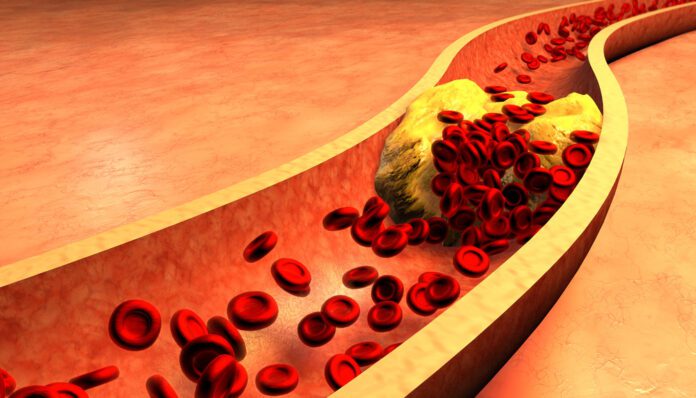Overview Of Platelet
A platelet count is a lab test to measure how many platelets you have in your blood. Platelets are parts of the blood that helps the blood clot. They are smaller than red or white blood cells. They are also known by the name thrombocytes.
Commonly Associated With
Thrombocyte count
How To Prepare For The Platelet Test
Most of the time you do not need to take special steps before this test.
How The Test Will Feel
When the needle is inserted to draw blood, some people feel moderate pain. Others feel only a prick or stinging. Afterward, there may be some throbbing or slight bruising. This soon goes away.
Why The Platelet Test Is Performed
The number of platelets in your blood can be affected by many diseases. Thrombocytes may be counted to monitor or diagnose diseases, or to look for the cause of too much bleeding or clotting.
Normal Platelet Test Results
The normal number of thrombocytes in the blood is 150,000 to 400,000 platelets per microliter (mcL) or 150 to 400 × 109/L.
Normal value ranges may vary slightly. Some labs use different measurements or may test different specimens. Talk to your doctor about your test results.
What Abnormal Results Mean
LOW PLATELET COUNT
A low platelet count is below 150,000 (150 × 109/L). If your thrombocyte count is below 50,000 (50 × 109/L), your risk of bleeding is high. Even everyday activities can cause bleeding.
A lower-than-normal platelet count is called thrombocytopenia. Low platelet count can be divided into 3 main causes:
- Not enough thrombocyte are being made in the bone marrow
- Thrombocytes are being destroyed in the bloodstream
- Platelets are being destroyed in the spleen or liver
Three of the more common causes of this problem are:
- Cancer treatments, such as chemotherapy or radiation
- Drugs and medicines
- Autoimmune disorders, in which the immune system mistakenly attacks and destroys healthy body tissue, such as platelets
If your thrombocytes are low, talk to your health care provider about how to prevent bleeding and what to do if you are bleeding.
HIGH PLATELET COUNT
A high thrombocyte count is 400,000 (400 × 109/L) or above
A higher-than-normal number of thrombocytes is called thrombocytosis. It means your body is making too many platelets. Causes may include:
- A type of anemia in which red blood cells in the blood are destroyed earlier than normal (hemolytic anemia)
- Iron deficiency
- After certain infections, major surgery or trauma
- Cancer
- Certain medicines
- Bone marrow disease called myeloproliferative neoplasm (which includes polycythemia vera)
- Spleen removal
Some people with high platelet counts may be at risk of forming blood clots or even bleeding too much. Blood clots can lead to serious medical problems.
Risks
There is little risk involved with having your blood taken. Veins and arteries vary in size from one person to another, and from one side of the body to the other. Obtaining a blood sample from some people may be more difficult than from others.
Other risks associated with having blood drawn are slight, but may include:
- Excessive bleeding
- Fainting or feeling lightheaded
- Multiple punctures to locate veins
- Hematoma (blood accumulating under the skin)
- Infection (a slight risk any time the skin is broken)



